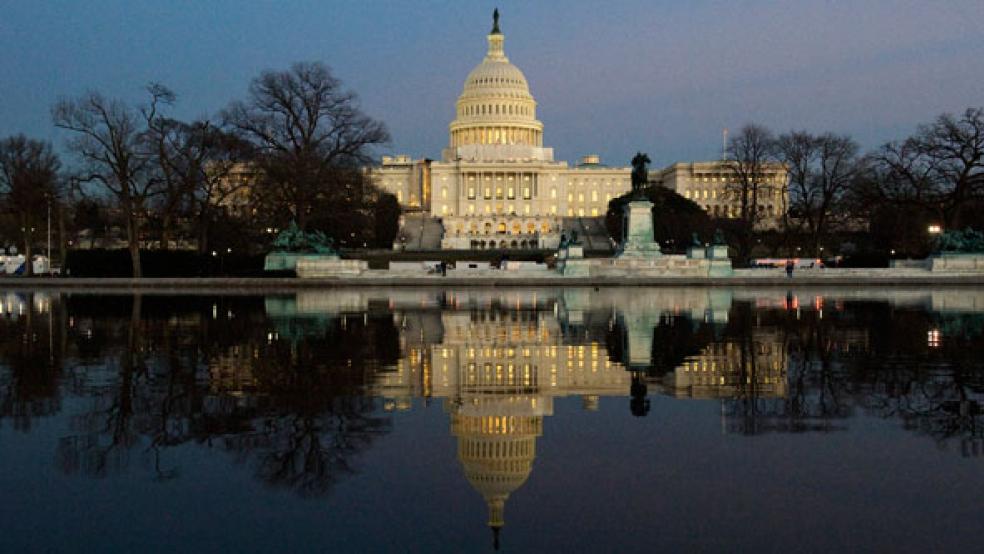The U.S. budget deficit jumped to $303 billion in October and November, the first two months of the 2019 fiscal year, according to data released by the Congressional Budget Office Monday.
Here are some key facts and figures from the report:
- The deficit for October and November rose by roughly 50 percent from the same time a year ago.
- Some of the increase was due to shifts in the timing of federal outlays, like those caused by weekends and holidays. Without those shifts, the deficit would have been 6 percent higher.
- Revenues rose 3 percent compared to a year ago, while outlays rose 18 percent.
- Spending on interest on the public debt rose by $5 billion, or 8 percent, due to higher interest rates and an increase in the size of the national debt.
- Defense spending rose by $9 billion, or 9 percent.
- Spending on the Department of Veterans Affairs rose by $5 billion, or 17 percent, due to “a rise in the number of disability compensation beneficiaries and an increase in the average benefit payment.”
- Outlays for the Department of Homeland Security fell by $7 billion, or 41 percent, largely due to a decrease in disaster relief spending.
- The deficit in November alone was $203 billion, a $64 billion increase from last year, though again some of the increase is due to timing shifts.
- The final reading for the October deficit was $100 billion, $2 billion more than the CBO estimated last month.




